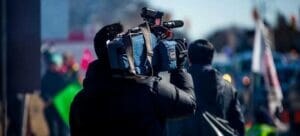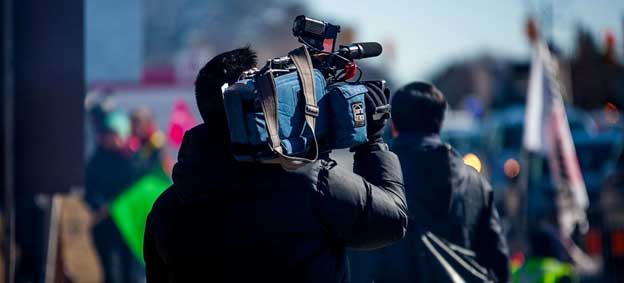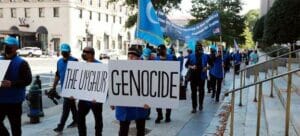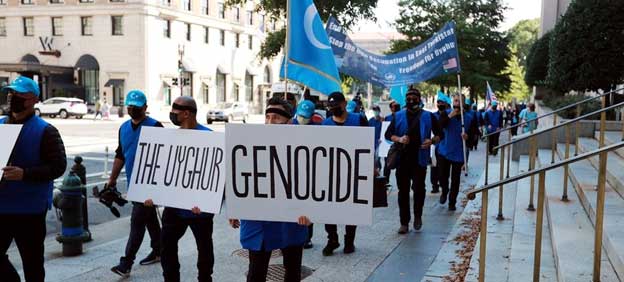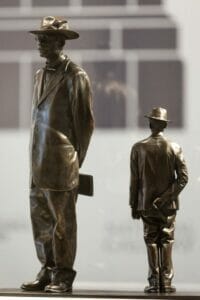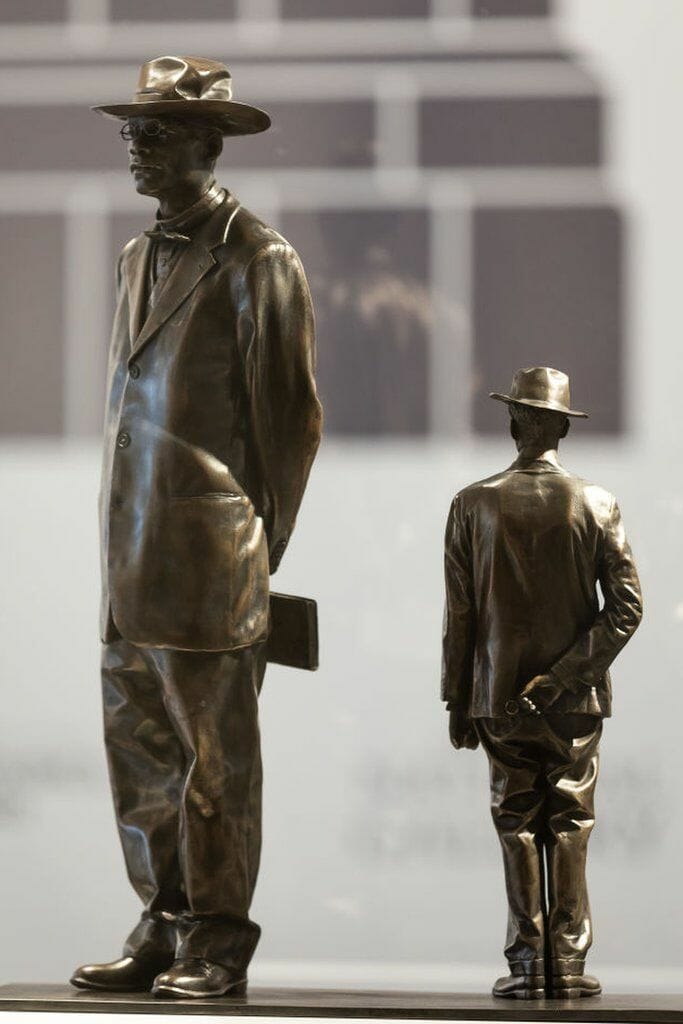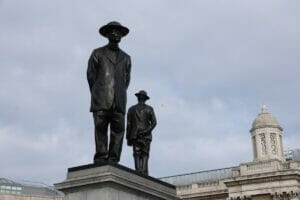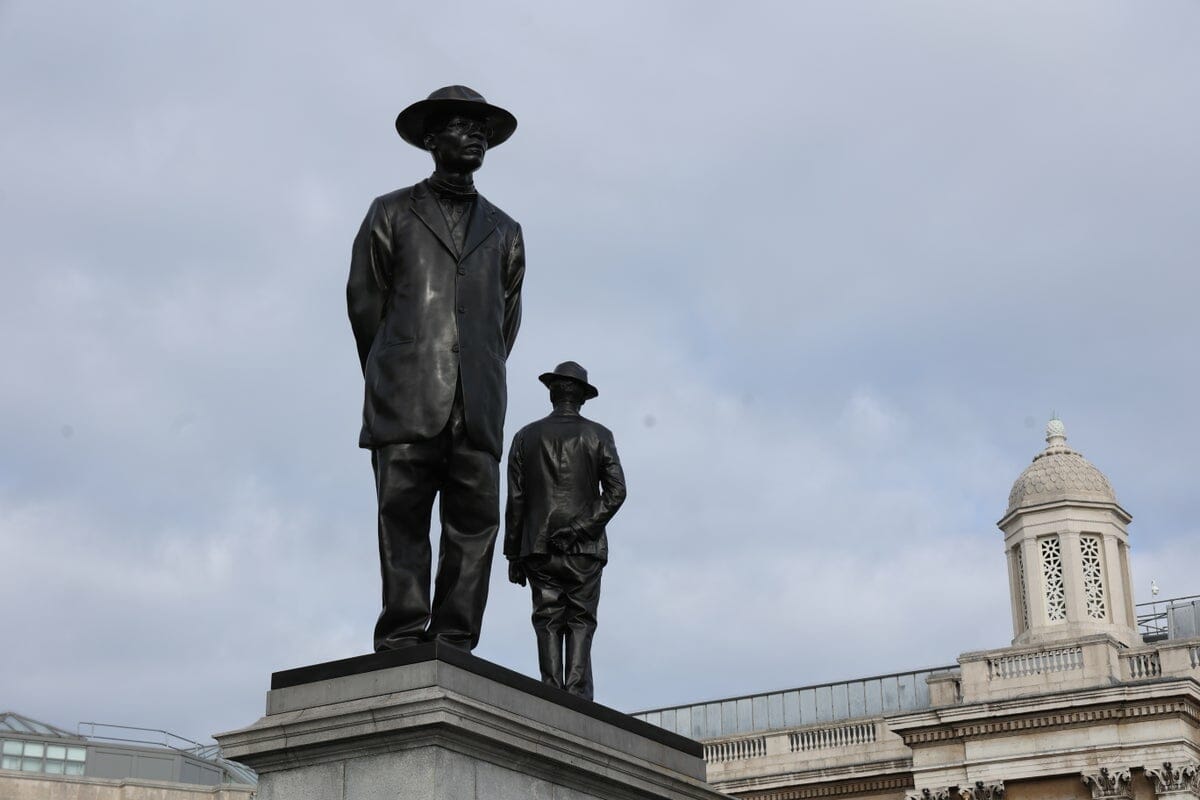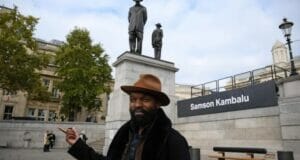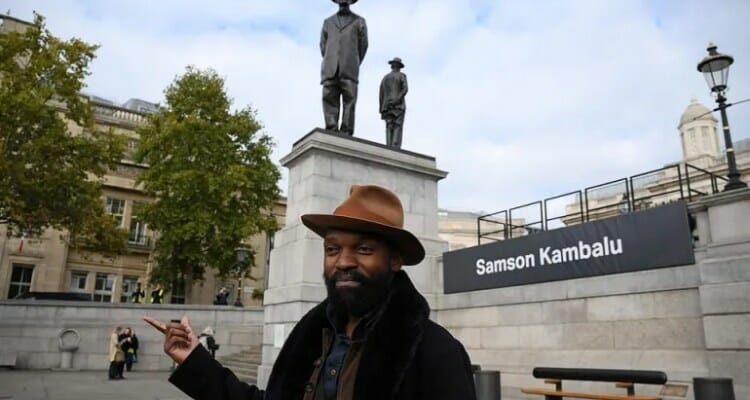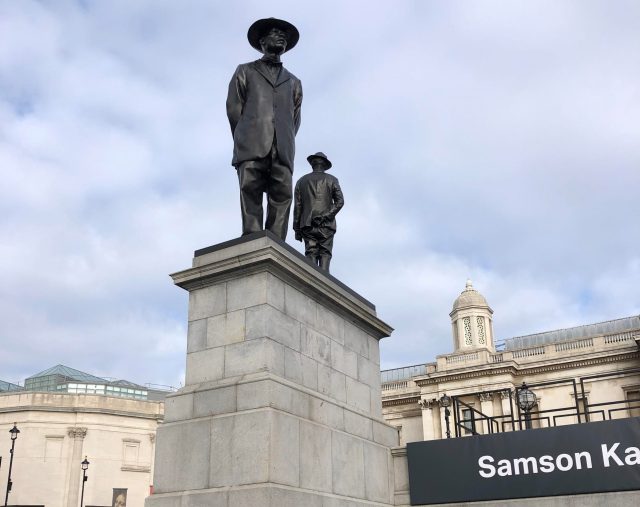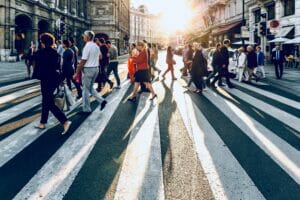
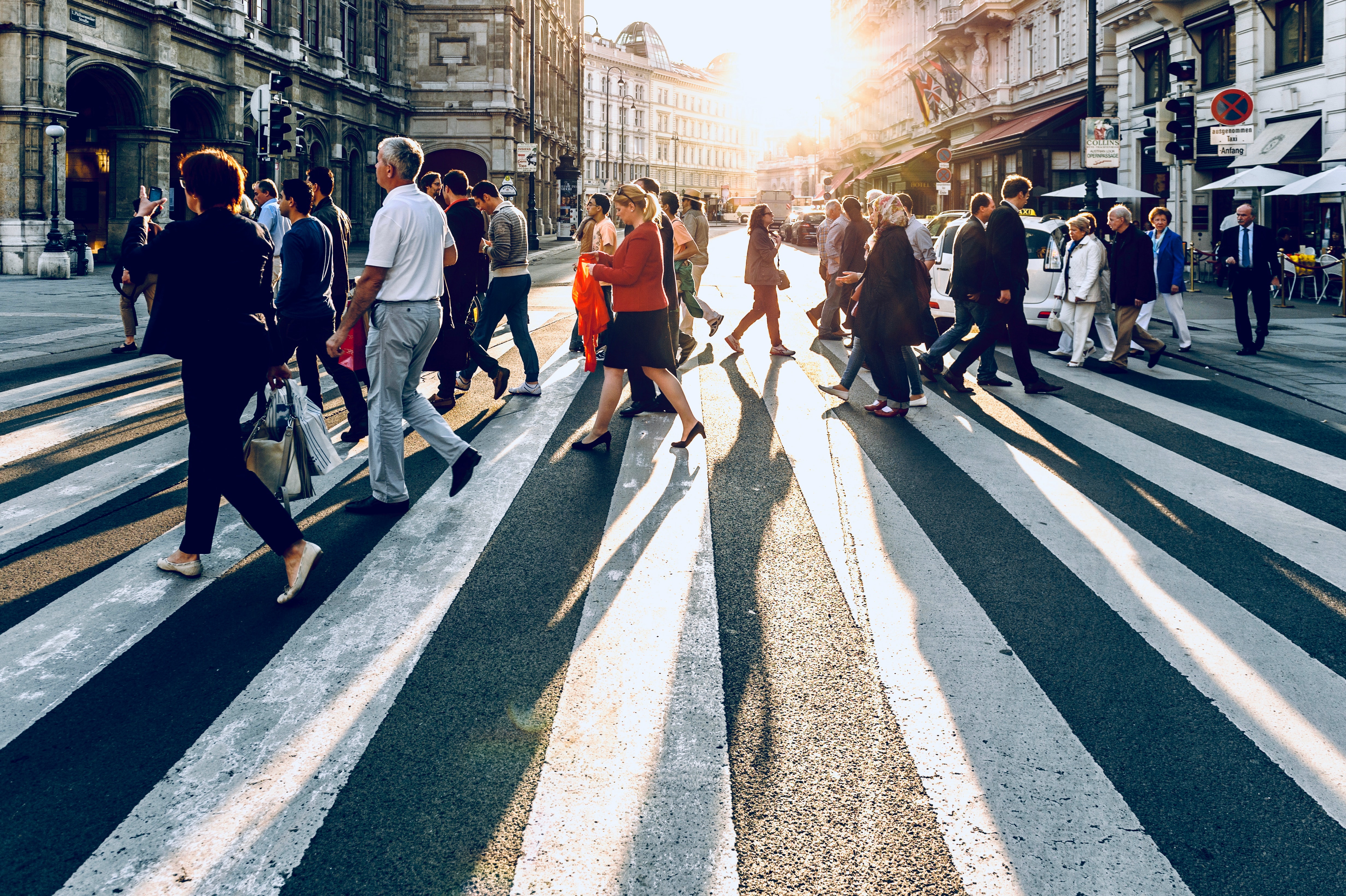
The Human Rights Council this morning concluded its general debate on agenda item nine on racism, racial discrimination, xenophobia, and related forms of intolerance: follow-up to and implementation of the Durban Declaration and Programme of Action.
In the general debate, many speakers welcomed the work of the Working Group of Experts on People of African Descent. They said the comprehensive action-oriented Durban Declaration and Programme of Action remained an essential tool for fighting racism and racial discrimination, and was as relevant today as it was in 2001 when it was adopted by consensus at the World Conference Against Racism in Durban. Some speakers stressed the importance of the Durban Declaration and Programme of Action in the elimination of racism and racial discrimination, and reaffirmed their commitment to the implementation of the Declaration. The implementation and comprehensive follow-up to the Durban Declaration should remain a priority for all States.
Many speakers said that systemic racism and other forms of racial discrimination continued to deprive millions of people of their dignity, equality, and fundamental human rights. Ethnic minorities and groups, namely people of African descent, Asian descent, and Muslim descent, had long been discriminated against and marginalised with their rights violated and their safety under constant threat of violence. Racism, ethnic profiling, and the glorification of crimes committed in the past seriously undermined efforts aimed at promoting international peace and security. Some speakers were concerned about the persistence of structural racism, particularly in developed countries, and their subsequent attempts to avoid their historical debt to people who were victims of slavery.
A number of speakers strongly condemned the racial injustices and racially motivated violence perpetuated against people of African descent, saying that the reports presented under the agenda item painted a bleak picture; it was clear the world was not doing enough to end racism and racial discrimination. Some speakers highlighted instances of Islamophobia, strongly condemning any actions preventing Muslims from practicing their faith. Aligning the actions of terrorist groups with religions such as Islam was an act of racial discrimination. Some speakers said that in autocratic systems, racist hate speech and dehumanisation of ethnic or religious groups were often elevated to the level of state ideology, with an objective to replace any domestic discourse with propaganda about the designated enemy. It was only through collective efforts that racism and racial discrimination could be eliminated. Diversity was a strength and not a threat to society.
Some speakers highlighted that although more than two years had passed since African American George Floyd died as a result of police violence, discriminatory law enforcement against ethnic minorities, and related violence and deaths continued to emerge in some countries. Law enforcement racism and violence were matters of chronic, systemic and structural racism and social inequality in certain countries, with the legacies of slavery and colonialism in their history. Some speakers said it was regrettable that in some of the countries which were self-proclaimed leaders of human rights, people were more likely to be extrajudicially arrested or killed by law enforcement, because of the colour of their skin.
Although digital technologies, including artificial intelligence, presented increasing opportunities, their misuse also entailed risks to fundamental rights and democracy, some speakers said. They expressed deep concern about the increase in online hate speech and harassment, which was often fuelled by algorithms, programmed to register engagement, generate more views, and stimulate users to post hateful content. Despite the opportunities that digital platforms had for public engagement and participation, speakers were concerned that the misuse of those platforms could amplify hate speech and contribute to national, ethnic, racial, or religious polarisation. It was fundamental to protect and promote the right to freedom of opinion and expression in the digital age. There was a need to work on the use of technology as a means of contributing to the fight against racism and racial discrimination.
Some speakers called on relevant countries to face up to the serious problems of racism and racial discrimination in their countries, and comprehensively review and revise discriminatory, policies, overhaul the law enforcement and justiciary bodies, and thoroughly investigate cases of violence to hold offenders accountable and compensate victims. States should take a victim-oriented approach to problems of racism and related intolerances to accelerate action for racial equality and to address the disparities and inequalities in human development. The Human Rights Council and the Office of the High Commissioner for Human Rights needed to attach greater importance to problems of racial discrimination and violence by law enforcement bodies, and take necessary actions.
A number of speakers urged the international community to redouble its efforts to resolve international challenges and address issues related to any form of racism. They said the Council had a role to play in steering the discussion on the issue, with wide engagement and participation of States.
Some speakers spoke about ways their countries were deepening national programmes focused on eliminating racism and racial discrimination, with civil society often playing a fundamental role in this process. They described specific legislation and mechanisms which had been established to prevent, address, eradicate and punish racial discrimination. One speaker informed about specific programmes in place to tackle hate crimes in certain States, including a free programme that assisted victims of anti-Muslim hatred through legal signposting, advocacy, and counselling services. Speakers said many States had been represented at the General Assembly in September where they commemorated the thirtieth anniversary of the Declaration on the Rights of Persons Belonging to National or Ethnic, Religious, and Linguistic Minorities.
Speaking in the general debate were China on behalf of a group of countries, Armenia on behalf of a group of countries, Cuba, Venezuela, China, Namibia, India, Armenia, Malaysia, United States, Nepal, Indonesia, United Kingdom, Pakistan, Benin, Bolivia, Ukraine, Malawi, Qatar, Mauritania, Sudan, Germany, Israel, Ecuador, Iraq, Morocco, Bahrain, Democratic People’s Republic of Korea, Russian Federation, Afghanistan, South Africa, Nigeria, Peru, Syria, Belarus, Algeria, Suriname, Türkiye, Tunisia, Egypt, Iran, Saudi Arabia, and Georgia.
The following non-governmental organizations took the floor: International Association of Jewish Lawyers and Jurists, International Youth and Student Movement for the United Nations, Al Baraem Association for Charitable Work, “Association of Women with University Education” Social Organization, Elizka Relief Foundation, Institute for NGO Research, International Federation for the Protection of the Rights of Ethnic, Religious, Linguistic and Other Minorities, International Service for Human Rights, International Human Rights Association of American Minorities, International Organization for the Elimination of All Forms of Racial Discrimination, Coordinating Board of Jewish Organizations, Afrique Esperance, World Jewish Congress, China Foundation for Human Rights Development, Al-Haq Law in the Service of Man, China NGO Network for International Exchanges, Interfaith International, Rencontre Africaine pour la defense des droits de l’homme, B’nai B’rith, Fitilla, Guinee Humanitaire, and Centre Europeen pour le droit, les Justice et les droits de l’homme.
Also speaking were Chinese Association for International Understanding, China Society for Human Rights Studies, Youth Parliament for SDG, International-Lawyers.Org, Centre for Gender Justice and Women Empowerment, International Humanist and Ethical Union, Meezaan Center for Human Rights, Human Rights Information and Training Center, Human Is Right, Association Ma’onah for Human Rights and Immigration, Peace Track Initiative, Sikh Human Rights Group, International Commission of Jurists, Conselho Indigenista Missionário, Al Mezan Centre for Human Rights, Conectas Direitos Humanos, Association Bharathi Centre Culturel Franco-Tamoul, Association pour les Victimes Du Monde, Organization for Defending Victims of Violence, Integrated Youth Empowerment – Common Initiative Group, Platform for Youth Integration and Volunteerism, Association pour la défense des droits de l’homme et des revendications démocratiques/culturelles du peuple Azerbaidjanais-Iran, Mother of Hope Cameroon Common Initiative Group, Africa Culture Internationale, Institut International pour les Droits et le Développement, Global Institute for Water, Environment and Health, Iraqi Development Organization, and Le Pont.
Speaking in right of reply were Azerbaijan and Armenia.
The general debate on agenda item nine on racism, racial discrimination, xenophobia and related intolerance: follow-up to and implementation of the Durban Declaration and Programme of Action, started in the previous meeting and a summary can be found here.
The webcast of the Human Rights Council meetings can be found here. All meeting summaries can be found here. Documents and reports related to the Human Rights Council’s fifty-first regular session can be found here.
The Human Rights Council will resume its work at 3 p.m. this afternoon when it will hear the oral presentation of the High Commissioner on the situation of human rights in Ukraine, followed by an interactive dialogue. The Council will then hear the presentation of the report of the High Commissioner on the situation of human rights in the Democratic Republic of the Congo, followed by an enhanced interactive dialogue. Time permitting, the Council will hear the presentation of an oral update by the Office of the High Commissioner for Human Rights on the human rights situation in South Sudan, including the challenges faced in the post-conflict transition, followed by an interactive discussion.
Produced by the United Nations Information Service in Geneva for use of the information media;
not an official record. English and French versions of our releases are different as they are the product of two separate coverage teams that work independently.

